Heinrech Bullinger (1504–1575) was a Swiss reformer who succeeded Huldrych Zwingli as head of the Church of Zurich. He was one of the most important writers and theologians in the Reformation movement.
Bullinger was born July 18, 1504, in Bremgarten, a Swiss town near Zurich. He was the youngest of seven children born to priest Heinrich Bullinger Sr. and his common-law wife, Anna Wiederkehr.
Their marriage was formalized in 1529, when his father became a Reformer.
Bullinger was sent to St. Martin’s Latin school in Emmerich, where he studied classical literature. In his mid-teens, he attended the University of Cologne.
The next year he was exposed to Reformation teaching. By 1522, he believed that salvation came through God’s grace.
After receiving his master’s degree, he became a teacher at a Cistercian monastery. He taught the monks from the New Testament and introduced them to Reformation teaching.
He married Anna Adischweiler, a former nun, in 1527. They had five daughters and six sons.
In 1523, he became friends with Zwingli. Zwingli died in 1531 in the Second War of Kappel, a war between Catholics and Reformers.
Bullinger was head of the Zurich church in late 1531 until his death. During his ministry, he preached about 7,500 sermons. They became the basis for his commentaries, which covered all the New Testament.
Significant book
One of his most significant books was “Decades.” It consisted of 50 sermons which served as a systematic theology.
In 1536, the “First Helvetic Confession” was composed by Bullinger and other Swiss delegates to overcome differences with Martin Luther on the Lord’s Supper. He wrote the “Second Helvetic Confession of 1566” after he contracted the plague. That work discussed the Trinity, Scripture, sacraments and other beliefs of the Reformers.
During the plagues of 1564–1565, his wife and two daughters died. Although he survived, his health was poor until his death in 1575.

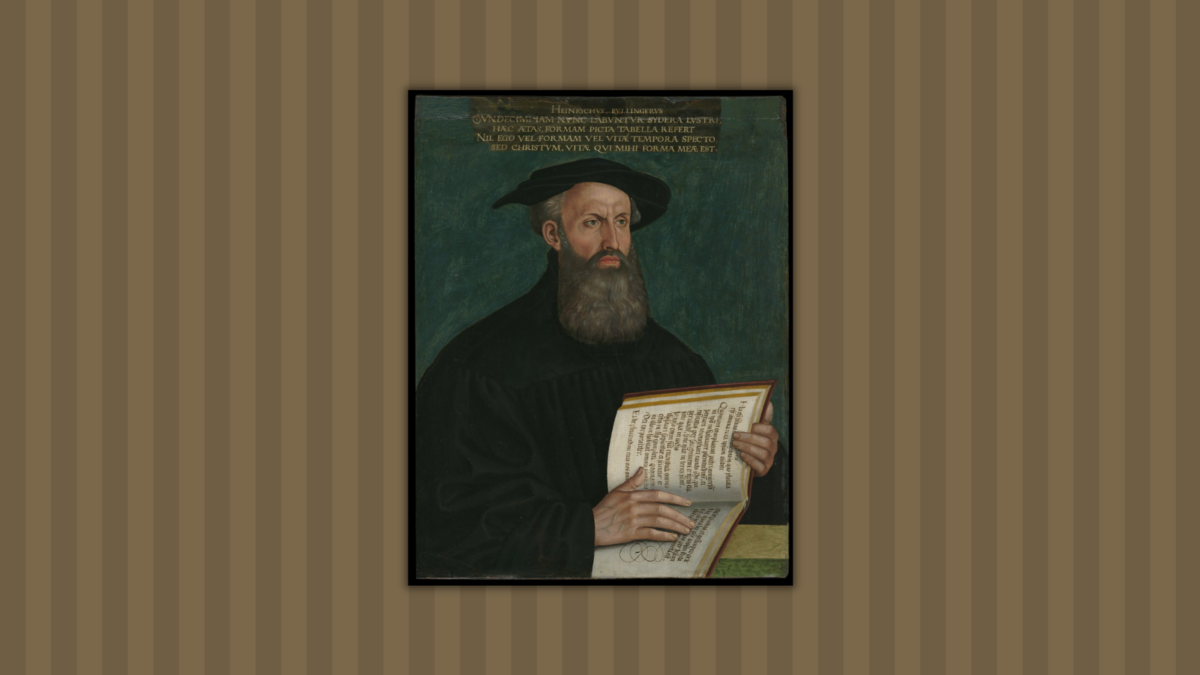
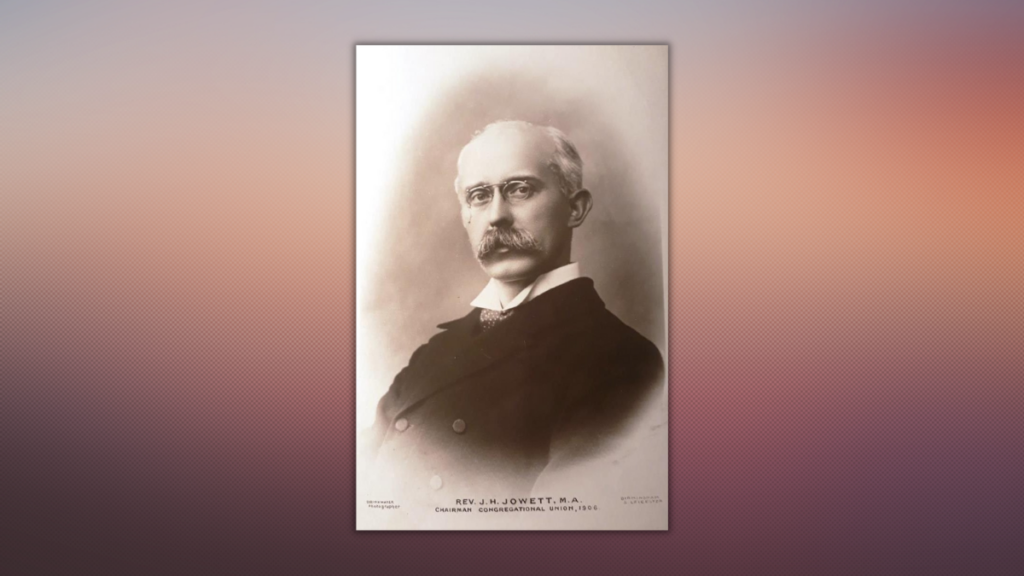
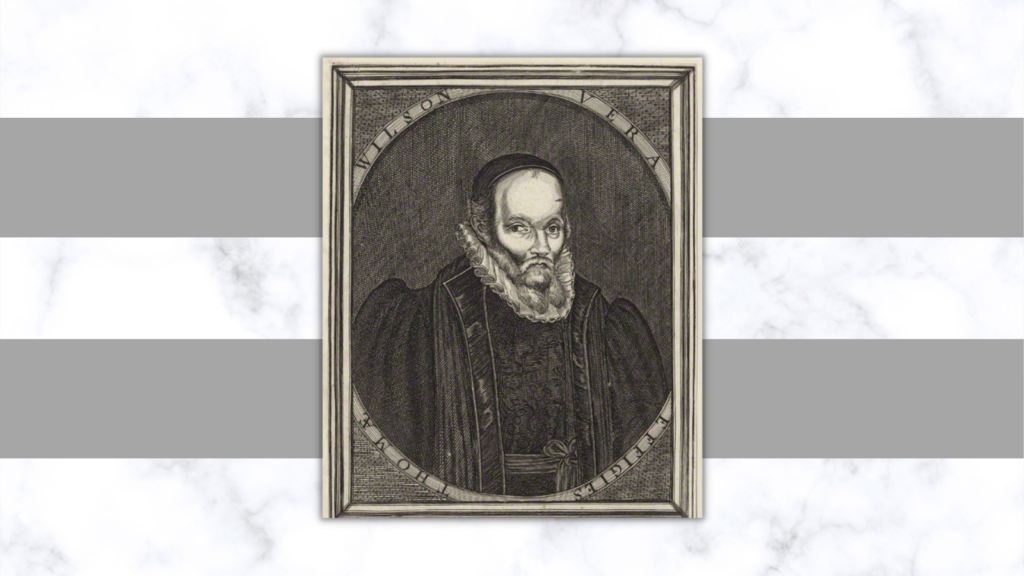
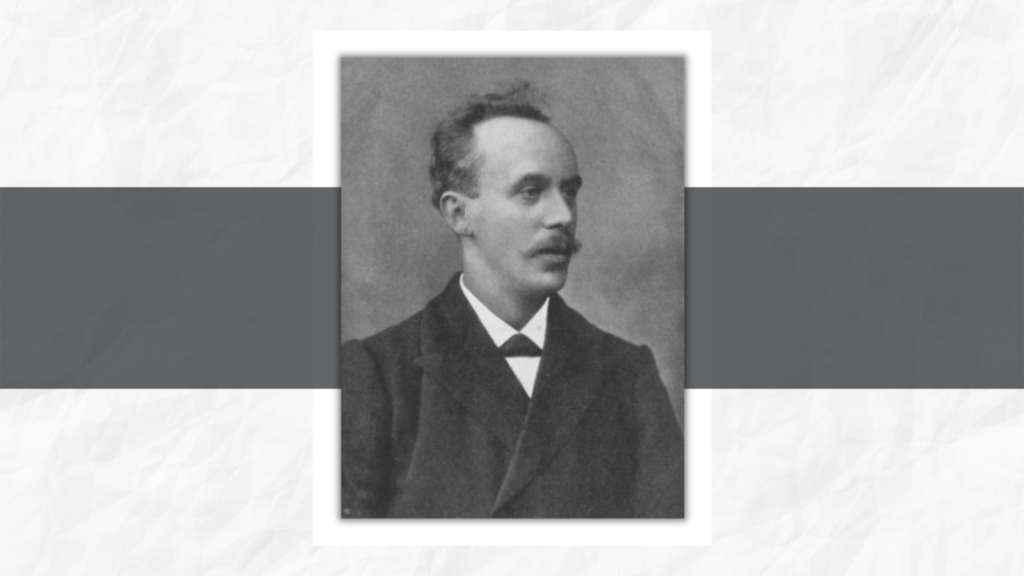
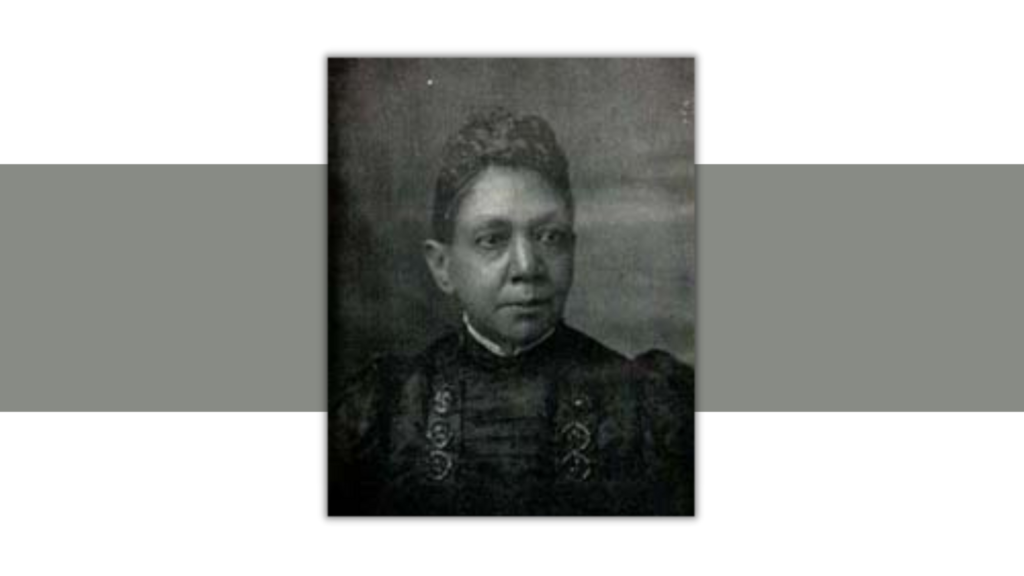
Share with others: